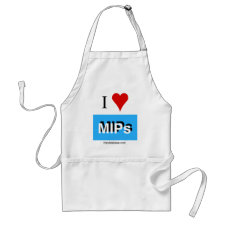
Authors: Mirmohseni A, Shojaei M, Pourata R
Article Title: Experimental design and multi-objective optimization of molecularly imprinted polymers for monosaccharides.
Publication date: 2014
Journal: RSC Advances
Volume: 4
Issue: (39)
Page numbers: 20177-20184.
DOI: 10.1039/C4RA00802B
Abstract: The Taguchi method was used as an experimental design and optimization tool for the preparation of monosaccharide molecularly imprinted polymers (MIPs). Three factors, namely type of functional monomer, molar percentage of functional monomer, and functional monomer to template molar ratio, were included in the experimental design and based on the L16 (43) array, four levels of each factor were chosen. Imprinting factor, selectivity, and equilibration time were considered as quality characteristics of MIPs. For quantitative assessment of the quality of the prepared MIPs, the adsorption of template and competing substance on the prepared MIPs and non-imprinted polymers was monitored by the quartz crystal nanobalance (QCN) technique. The results revealed that regarding each quality characteristic, there are different optimal levels of the factors. The principal component analysis (PCA) technique was used to combine the quality characteristics in order to obtain a single characteristic for overall optimization of monosaccharide MIPs performance. So, PCA coupled with the Taguchi method was developed as an efficient procedure to optimize monosaccharide MIPs. The optimum values of molar percentage of functional monomer and the functional monomer to template molar ratio were found to be 30 and 4, respectively. We also found that acrylic acid (AAc) is a favourable functional monomer for preparing monosaccharide MIPs
Template and target information: monosaccharide, glucose, galactose, fructose



Join the Society for Molecular Imprinting

New items RSS feed
Sign-up for e-mail updates:
Choose between receiving an occasional newsletter or more frequent e-mail alerts.
Click here to go to the sign-up page.
Is your name elemental or peptidic? Enter your name and find out by clicking either of the buttons below!
Other products you may like:
 MIPdatabase
MIPdatabase









